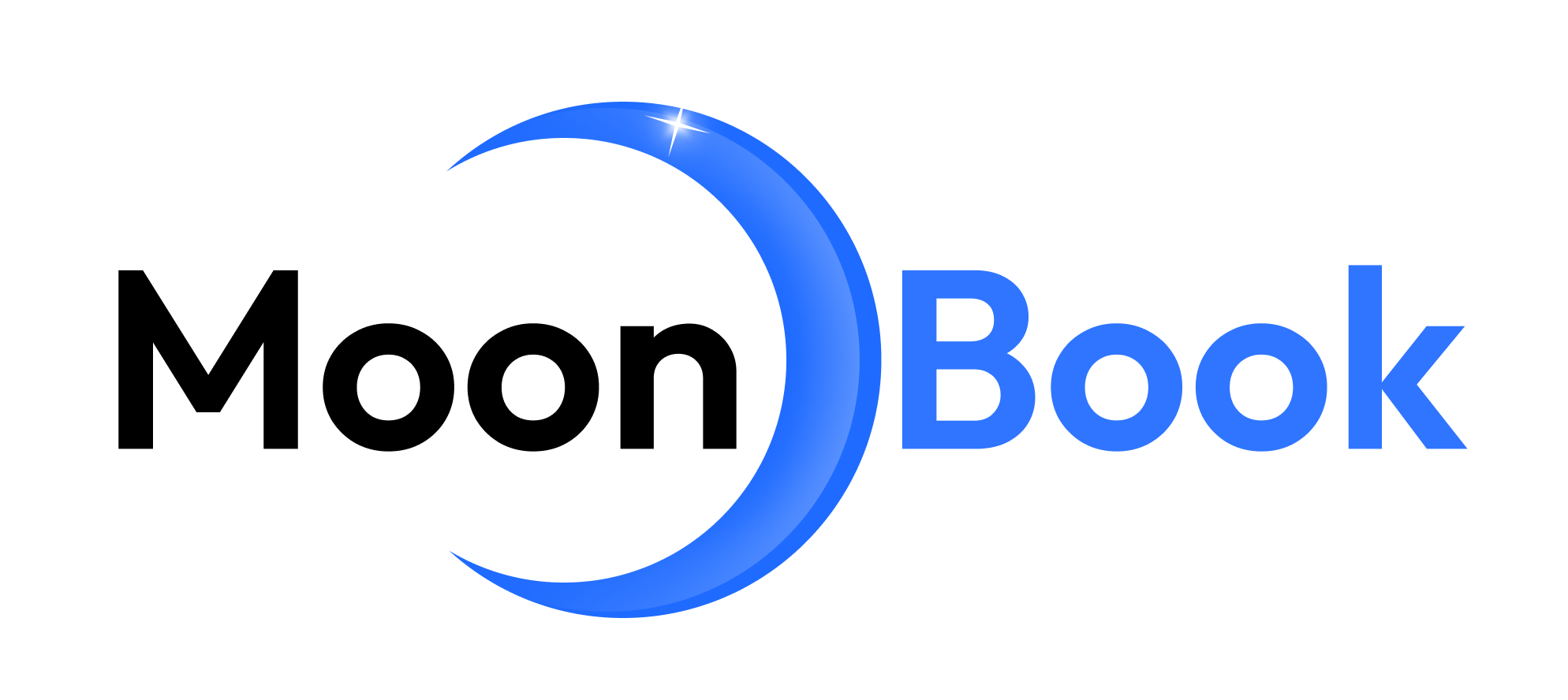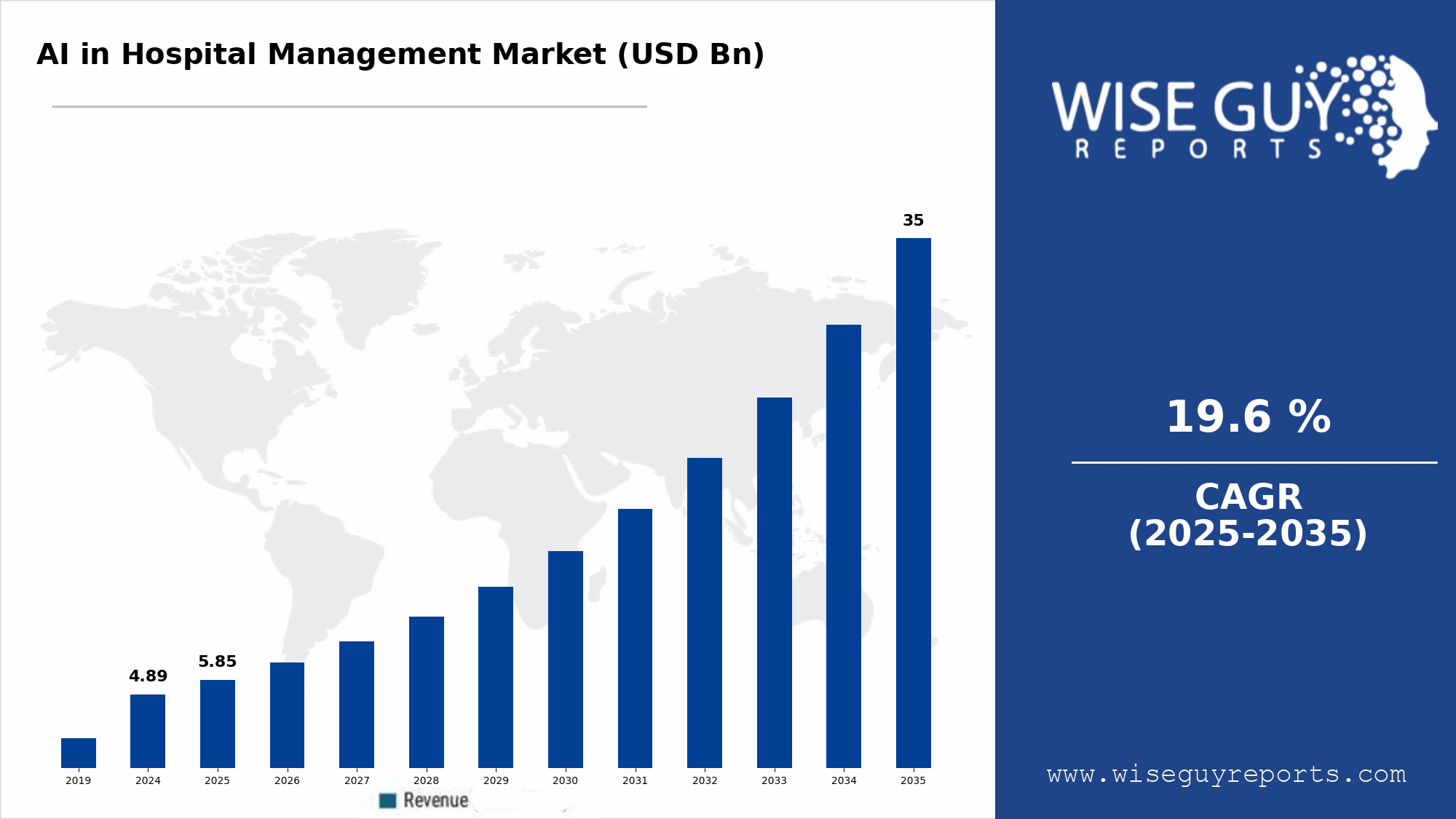The long-term AI in Hospital Management Industry Outlook is one of complete integration and indispensability, where AI evolves from an ancillary tool to the core operational backbone of all healthcare facilities. The industry is moving towards the creation of "digital twins" of hospitals—virtual, real-time replicas of the entire physical facility and its operations. These digital twins, powered by a constant stream of data from IoT sensors, EHRs, and other systems, will allow AI to run millions of simulations to optimize every aspect of the hospital's function. The outlook envisions hospital leaders using this technology to test the impact of different staffing models, predict the downstream effects of closing a specific wing for renovations, or simulate the hospital's response to various public health emergencies, all within a risk-free virtual environment. This predictive and simulative capability will represent a paradigm shift from reactive management to proactive, data-driven orchestration, making it a standard feature of future hospital infrastructure.
The industry outlook also anticipates a profound shift towards autonomous operations for many non-clinical tasks. While critical decisions will remain under human oversight, the industry is headed towards a future where routine administrative and logistical processes are fully automated. This includes autonomous medical coding and billing, where AI reads clinical notes and generates accurate claims without human intervention. It includes robotic process automation (RPA) for managing patient registrations and insurance verifications. The outlook also includes AI-managed supply chains, where the system automatically monitors inventory levels, predicts future demand based on scheduled procedures, and autonomously places orders to prevent any stockouts. This high degree of automation will dramatically reduce administrative overhead, minimize errors, and free up human staff to focus exclusively on tasks that require empathy, critical thinking, and complex human interaction, thereby redefining the roles and responsibilities within the hospital workforce.
Ultimately, the industry's outlook is one where AI in management becomes the key enabler of a more resilient, equitable, and patient-centered healthcare system. By optimizing resource allocation and improving efficiency, AI will help make healthcare more affordable and sustainable. By using predictive analytics to manage patient flow and staffing, it will help create a less chaotic and safer environment for both patients and staff. The data-driven insights generated by these platforms will also provide health systems with the tools to identify and address systemic inequities in care delivery. The long-term vision is a healthcare ecosystem where operational excellence is not a goal to be strived for but a baseline expectation, powered by an intelligent infrastructure that ensures every resource is used to its maximum potential for the benefit of the patient. This transformative vision solidifies the industry's long-term importance and guarantees its central role in shaping the future of healthcare delivery worldwide.



